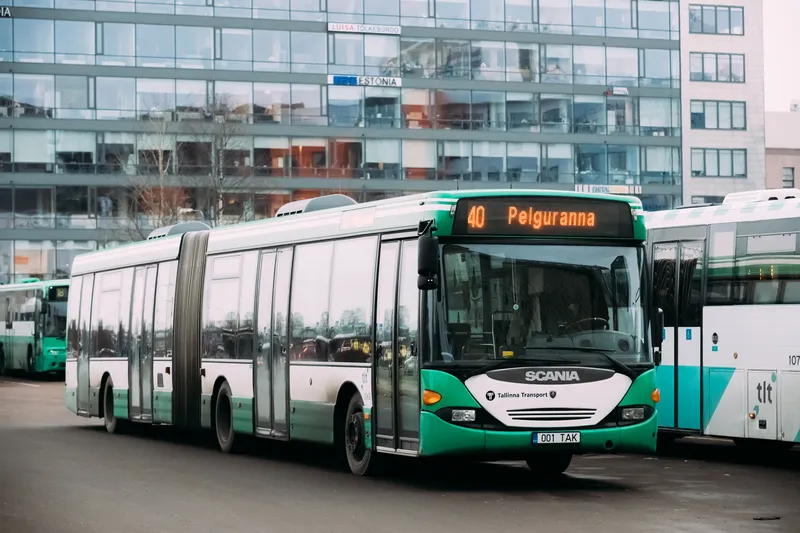
The city of Tallinn in Estonia is to pilot Hayden AI’s automated bus lane and bus stop enforcement platform to prevent cars from blocking public transport.
Hayden AI will install forward-facing, AI-powered camera systems behind the windshield of two transit buses to detect the number of parking violations which happen at bus lanes and bus stops.
The pilot will also determine the impact of these obstructing vehicles on public transport service.
Parking violations in dedicated transit zones and cycle lanes slow down public transit and active travel and can also create safety hazards - for example, by forcing bus drivers to change lanes and by making it more difficult for passengers, especially those with disabilities or mobility issues, to safely board or exit the vehicle.
The deployment is part of the Test in Tallinn initiative, which aims to make the city a testbed for smart solutions worldwide.
Hayden AI has already tested its technology in the US in Washington, DC, and New York City, and this is the company's third deployment in Europe, after pilots in Gdansk, Poland, and one which is soon to begin in Braga, Portugal.
Kalle Killar, city enterprise director in Tallin, says the pilot "plays a crucial role in enhancing the overall quality and sustainability of services that the city provides".
Chris Carson, CEO and founder of Hayden AI, says: “Tallinn is a pioneer in testing and deploying innovative technology for public services, and we are looking forward to piloting our vision AI technology in their city."
Hayden AI says its technology "is proven to reduce vehicle collisions, improve bus on-time performance, and help ensure that bus stops are accessible to people with disabilities".










